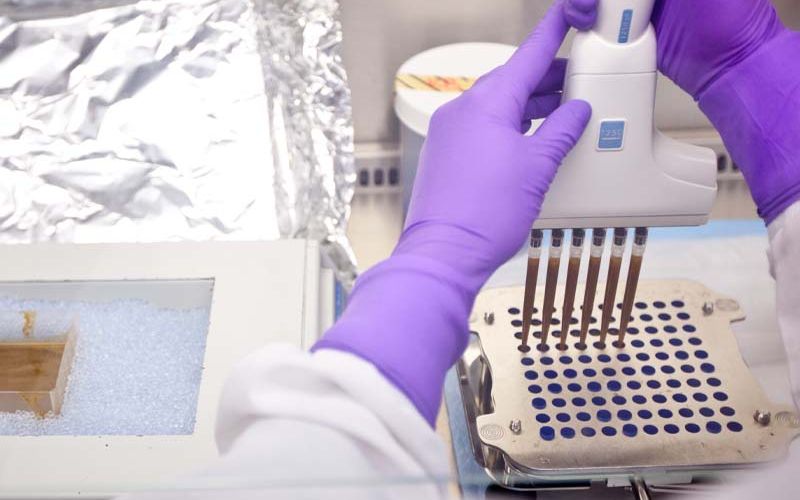How to start an FMT Program: A Turnkey Model for Building Your Own Hospital-Based FMT Program.
OpenBiome Foundation provides qualified hospitals with open-source resources and technical expertise—at no cost—to help them develop and sustain in-house FMT programs, safeguarding patient access to this life-saving therapy.
What you will learn:

Hospital-based FMT Banking
-
Use patient-identified donors for urgent FMT in severe-fulminant C. diff cases.
-
Expand capacity with universal donor recruitment and inventory management.
-
Leverage OpenBiome’s screening protocols and SOPs, adapted for your setting.
-
Train staff in collection, processing, and storage aligned with biosafety standards.
-
Get support for donor recruitment, including marketing materials, partnerships with in-house blood banks or local drives.

Training & Technical Support
Equip your team with the knowledge and tools to succeed:
-
Targeted training for physicians, lab teams, and administrators.
-
Hands-on guidance through program launch and scaling.
-
Ongoing support to troubleshoot challenges and improve performance.
-
Access to a peer network of experienced sites and potential program ambassadors.

Quality Assurance & Clinical Integration
Embed FMT into your hospital’s care model with confidence:
-
Establish clear quality control and reporting protocols.
-
Participate in AGA’s FMT Registry to track outcomes and contribute to safety data.
-
Prepare your team for regulatory compliance, including Single Patient INDs.
Why This Is Good for Your Hospital
FMT prevents recurrence of CDI in 80-90% of cases
In-house capacity ensures timely access to treatments, especially for emergency cases and those who do not qualify or who have failed standard of care products.
Reduce extended hospital stays, avoid repeat antibiotic use, and align with infection control goals — saving both direct and indirect costs.
OpenBiome provides clear guidance on enforcement discretion, IND requirements, screening protocols, and biosafety standards, reducing the burden on your team.
Become a hub for microbiome-based therapies. Stand at the forefront of next-generation infection care.